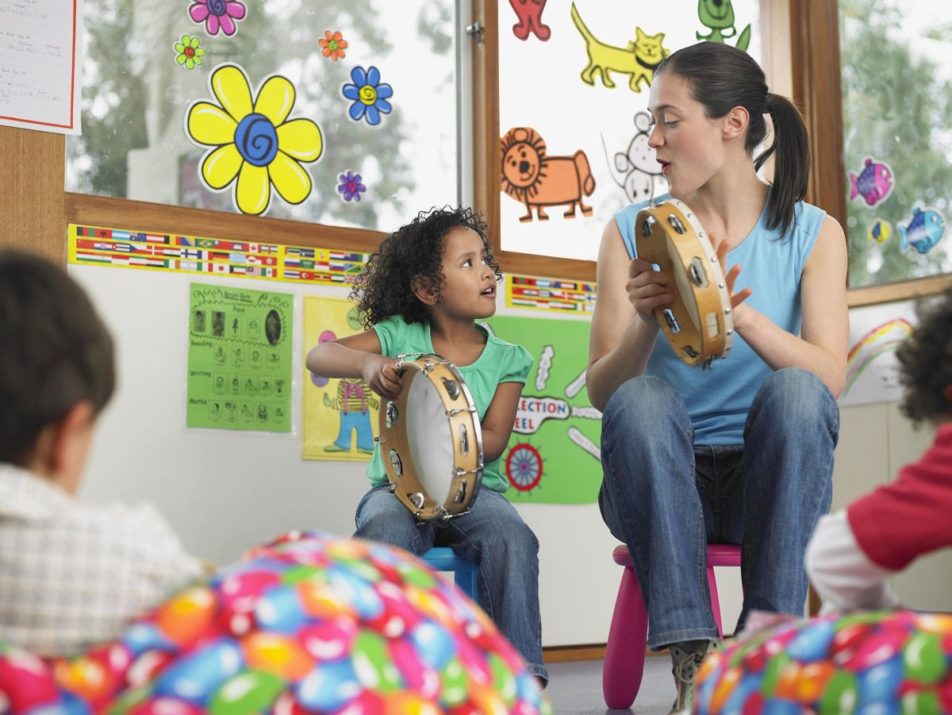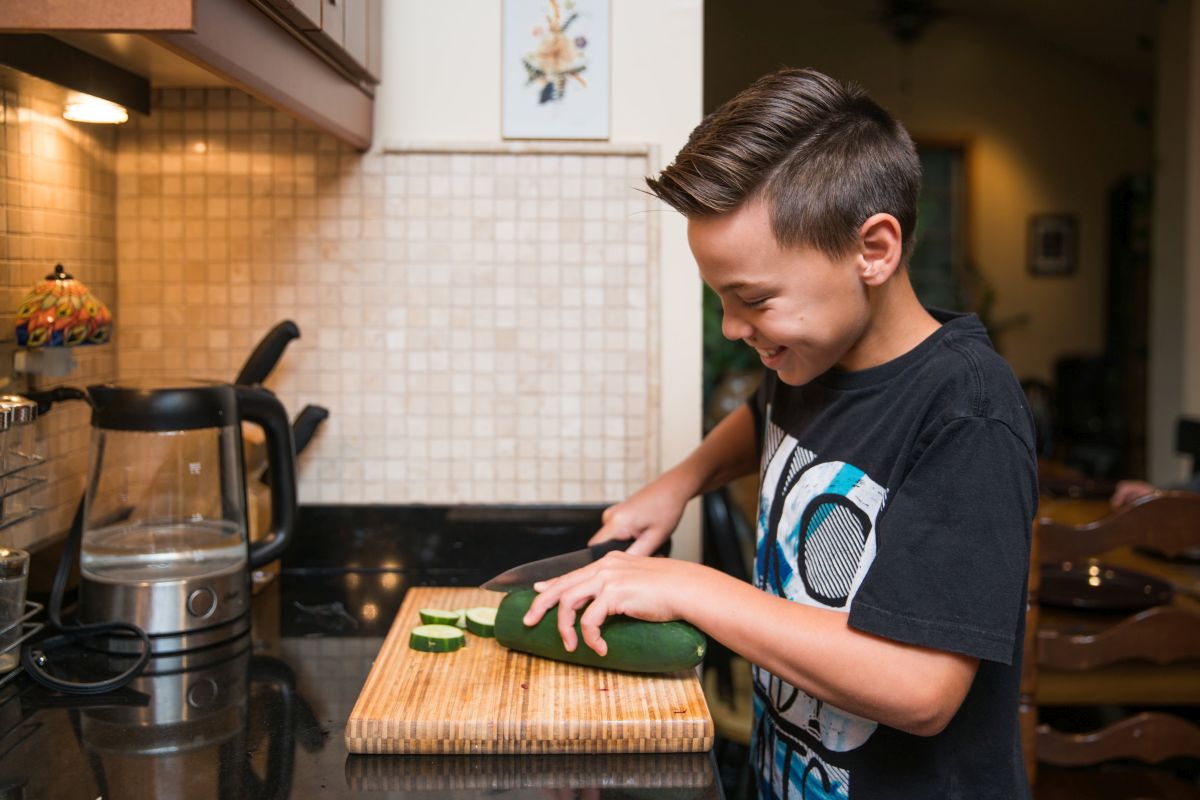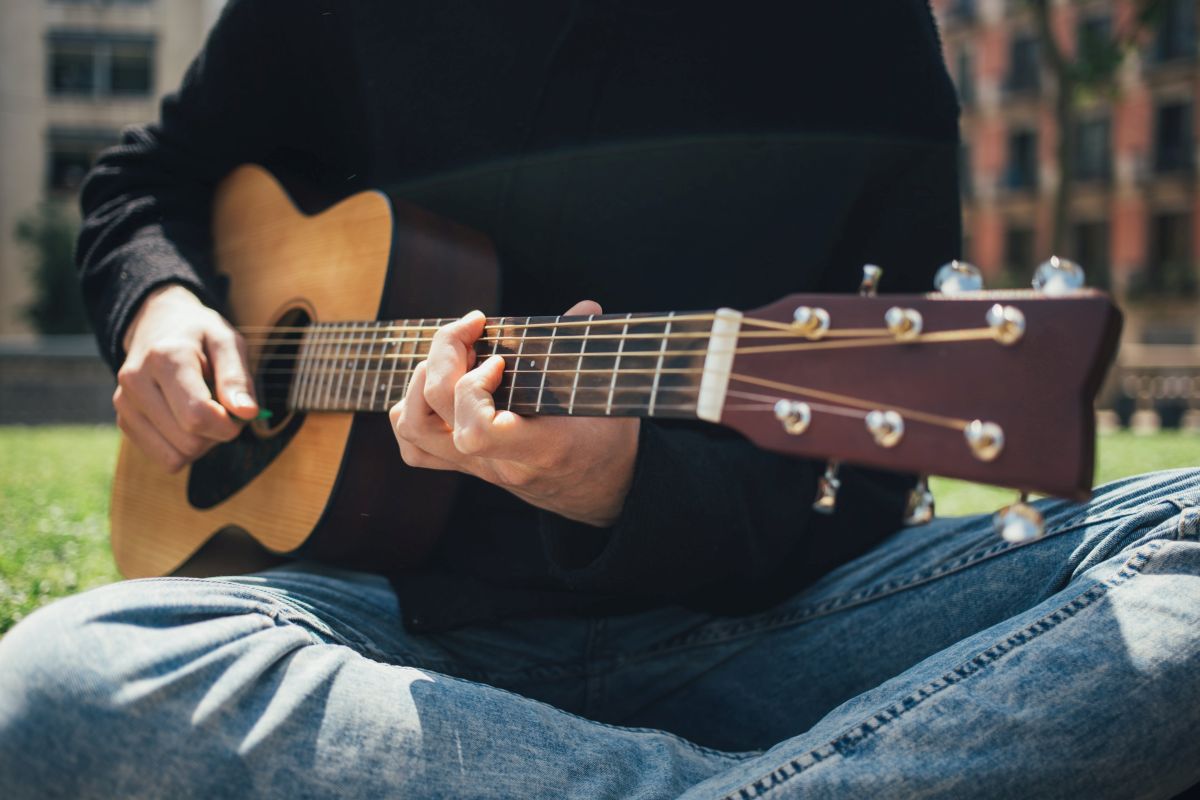
Most teachers are in the profession because they have a love of children and learning, possibly coupled with a desire make the world a better place.
But what about personal passions and interests? Do they have a place in the classroom? Perhaps you’ve always been a fan of music, or you’re an amateur pastry chef. Incorporating these passions into your lesson plans can make school more exciting both for you and your students.
Identifying and Articulating Your Passion
The best way to start sharing your passions with students is to pick an appropriate interest. If you’re not sure about what this looks like, a few passion project exercises can help get you into the right frame of mind.
Teachers might benefit from something called a genius hour or passion project, an activity is usually provided only for students. “Passion projects allow individual staff members to delve into topics they feel passionately about exploring while administrative teams provide the time, resources, and opportunities for the learning to flourish,” explain school leaders Joe Sanfelippo and Tony Sinanis. When teachers have more time to cultivate their own passions, they’ll be better equipped to share this information with students.
You might also think about the personal passions and interests that keep you motivated outside the classroom. Passionate teachers grow and develop their skills in the real world, innovation educator A.J. Juliani says. Therefore, it’s worth thinking about where you spend your time and energy when you’re not in the classroom. This can give you insight into what’s important to you — and what will be most exciting to share with students.
If your passion has dwindled over the years, certain reflections can help rekindle that fire. “We all have an internalized narrative that explains how we became the person we are today and where we are headed tomorrow. As we revisit our story, it can help us to understand how and why we became an educator,” writes educator Amy L. Eva, Ph.D. at Greater Good.
When we look back at our careers, we can see the points at which we were most motivated and inspired. Tapping into these moments can reignite our current attitudes about teaching. Another way to feel inspired again is to mix up the ordinary classroom routine by trying new learning strategies and exciting experiments. This can help you realize that there are many ways to “stay true to your purpose and do what’s right for your students,” according to former teacher Laura Candler at Teaching Resources.
Merging Personal Passions with Lesson Plans
The best way you can tap into students natural curiosities is to share your personal experiences with them. This doesn’t mean you have to cross the boundaries between professional and personal, however. It simply means that you use your personal experiences as inspiring narratives to encourage your students, teacher Angela Watson explains.
“Be on the perpetual lookout for new stories to tell your students and consider how you can use your daily life experiences to make instruction more relatable and meaningful.”

Lesson Ideas for Creative Teachers
The same principle can be applied to sharing your passions and interests with students. For example, a teacher who is passionate about photography might start by asking students to take pictures at home and around the school that relate to what they’re learning, writes Janelle Cox at Teach Hub.
Students learning about biology processes might be encouraged to take nature-related photos of bees, flowers and trees. Then, students can bring in these photographs to be used as a discussion point for everyone in the class.
What about teachers who love reading crime books or watching mystery television? A classroom crime scene activity can teach students inference skills, says Diane Brauner at Perkins School for the Blind. Misplace items in the classroom, add clues and place crime scene tape across the door. This could also tie into a literature lesson, especially if students are reading Sherlock Holmes or Nancy Drew novels.
Lesson Ideas for Musical Teachers
Music is another passion teachers can incorporate into their classrooms in meaningful ways. Music can be played during writing time to foster creativity and relaxation, Tricia Richardson notes at We Are Teachers.
Teachers who play the guitar or piano might also enjoy playing tunes during brain break sessions, which can help students feel refreshed and inspired. Flocking, a higher-level form of interpretive dance, can also help students better connect to learning material. “As they listen to a song, students take turns creating movements which illustrate the song’s meaning, either musically or lyrically,” Richardson writes.
Teaching Ideas founder Mark Warner offers another idea for reinforcing proper pronunciation and rhythm in younger students. Specifically, Warner’s game is called Tea and Coffee. To play this game, first split the class into two groups: tea and coffee. “Tea takes the duration of a quarter note value while coffee represents two eighth notes. Encourage the groups to say their notes out loud together while listening to the resultant blend,” Warner says.

Lessons for Teachers who Love Hands-on Hobbies
Cooking is an excellent passion to share with students because it’s a real-life skill that can last a lifetime. Plus cooking relates to science, social studies and even math, writes Michelle Stern, founder of What’s Cooking with Kids. For a science lesson, she suggests an experimental approach where students test out different ingredient combinations.
Teachers can prepare certain inquiries and instructions to guide students through these tests (and avoid major messes). They might ask questions like “what would happen if I add cold butter to a recipe instead of melted butter?” and “what happens when baking soda and baking powder are used together?” to see how science and baking are related.
If you have limited access to a kitchen but you’d still like to add baking to your classroom, fear not. Stephanie DeLussey of Mrs D’s classroom provides a list of tools and ingredients that teachers need to create a comprehensive no-bake kitchen. These include kitchen utensils like mixing bowls, measuring spoons, silverware and a rectangular baking lid.
Sharing personal interests and hobbies with your students can cultivate passions in them. And helping students uncover their own passions is one of the greatest joys of being a teacher. A passion project fair at the end of a unit can provide students an opportunity to share what they learned from the lesson, teacher Tamara Letter says. Additionally, it teaches students how important it is to take time to explore personal passions and find meaningful outlets for creativity and inspiration.
Images by: Moodboard/©123RF.com, Nicole De Khors, Brodie Vissers


What do you think?